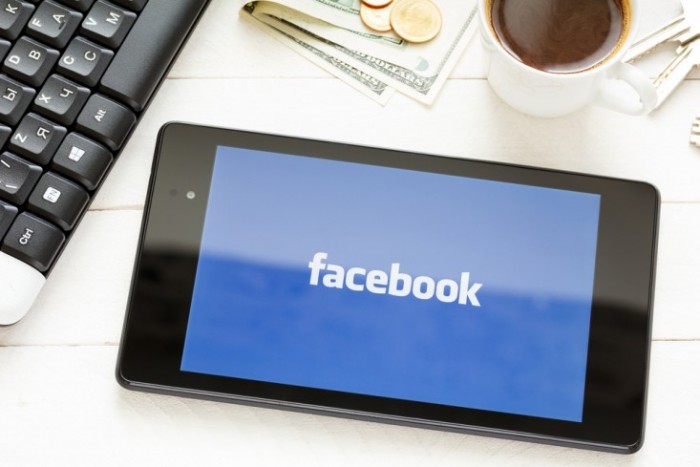
Facebook has 1.35 billion users and is responsible for $227 billion in global economic impact and 4.5 million jobs, according to a report the social network commissioned from consulting firm Deloitte.
That makes Facebook more populous than any actual nation than China, with roughly the gross domestic product of Portugal, said Facebook COO Sheryl Sandberg, who plans to discuss the results of the study on a panel at the World Economic Forum in Davos, Switzerland this week. Sandberg told The Wall Street Journal that Facebook wanted to show that tech companies don’t just disrupt old industries and eliminate jobs. “Technology creates non-tech jobs as well, and it’s creating them in big numbers,” she said.
But independent economists said Deloitte and Facebook used questionable assumptions in the report. “The results are meaningless,” said Stanford economist Roger Noll. “Facebook is an effect, not a cause, of the growth of Internet access and use.”
In the study, Deloitte assigned an economic value to each Facebook “Like,” arguing each one had an amplified impact on businesses with Facebook pages. Ana Aguilar, the Deloitte director who oversaw the study, would not reveal the estimated value of a single “Like.”
The study also assigned an economic impact to people who used Facebook to organize events such as parties and corporate gatherings. Deloitte examined how many people RSVPed on Facebook for such events, then multiplied the estimated number of attendees by the average cost of a pub visit, then added an estimate of the ancillary economic benefits of the gatherings.
And the study estimated that Facebook is responsible for 16 percent of smartphone sales. Aguilar cited a European survey in which 16 percent of respondents said they could not live without social media.
Tyler Cowen, an economics professor at George Mason University, said Facebook likely has a significant economic impact, but not as great as the report suggests. “The value of smartphones is that they help you read Facebook — in addition to other benefits — not vice versa,” Cowen said, and called the study’s calculations “bad reasoning.”
The Facebook study surfaced on the same weekend that Uber CEO Travis Kalanick unveiled his own company’s estimate of its economic impact, saying that if Uber expands operations in Europe it will create 50,000 jobs and take 400,000 cars off the road.